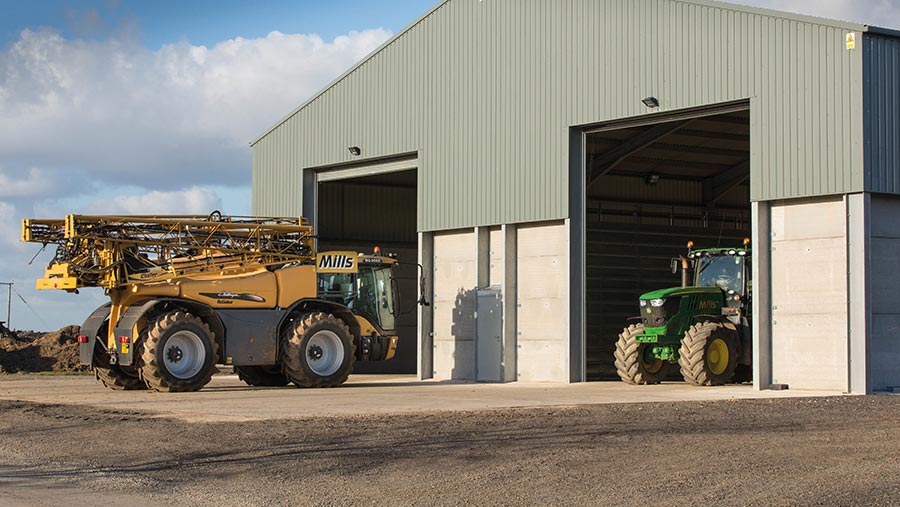Business Clinic: How can I get better value from my insurance?
 © Tim Scrivener
© Tim Scrivener Whether it’s a legal, tax, insurance, management or land issue, Farmers Weekly’s experts can help. Esther Kane of insurance broker A-Plan Rural sets out how to approach an insurance review.
Q: I always mean to do a proper review of my farm insurance but the renewal comes at a busy time and we usually end up renewing the same cover with the same insurer, after a bit of haggling to get a discount because we have been with them for many years now.
We may end up doing the same this year, but I would like some pointers as to how I could get better value?
See also: Business Clinic: what employer’s liability cover do I need?
A: This is a big question because getting good value, good service and up-to-date cover is vital for all farms and rural businesses.
Cost is always going to be important, especially in the current climate, but be careful to ensure that paying less doesn’t result in reduced cover, or a poor claims handling experience.
Reviewing too often and involving too many providers (this could be a combination of brokers and direct insurers) can have a negative effect.
Building a relationship with your broker or other provider has many benefits, and therefore our advice is not to tender every year.
However it goes without saying that carrying out a tender exercise is good practice if you want to understand what’s on offer across the market.
Shop around
We would suggest you choose no more than three companies to tender. Approaching more won’t necessarily yield better terms, and it’s more about focusing on asking the right questions.
Ask what markets the brokers or other providers have available and ensure you will have access to as wide a range of insurers as possible. It’s about getting a balance between cost and value.
Farms that demonstrate a good approach to risk, for instance through a robust risk assessment that puts processes in place to mitigate risk, will usually pay less for similar cover than those who do not.
It is also worth considering whether to take some items out of cover, for example isolated old buildings which if they were storm damaged would not be repaired.
Consider whether you want someone to provide a like-for-like quotation. If so, a copy of the existing schedules and claims history enables brokers and other providers to provide a ballpark figure.
Do you want a full review with suggestions, improvements and advice? If so, you will probably need to provide more information.
Ask the brokers or other providers you speak to what they need, or if they have a tender guide.
Regardless of which option you choose, you need to be open and transparent about what it is you are looking to insure.
This is for several reasons:
- If you haven’t been honest, it could result in your insurer refusing to pay a claim and/ or voiding your policy.
- Where you are going direct to an insurer, complete information will help them in providing their most competitive terms.
- When using a broker, remember they work for you and with comprehensive information can look to secure you the best cover at the best possible premium from multiple markets.
Don’t leave it until the last minute. An indicative premium can usually be provided in a few days, dependent on the size and complexity of your requirements.
However, the more notice the better. A month to six weeks is ideal in most instances and will provide enough time to give you a thorough review, but crucially also allows enough time to review the terms offered.
What is not covered?
Be clear on what cover is not being offered.
Speak with the broker or other provider. It is not always easy to fully detail what is being offered in a written presentation.
A lot can be gained from a telephone conversation, a virtual meeting or a site visit, which is particularly useful for farm businesses. It is also an opportunity to raise matters that might not have previously been considered.
Ask questions. A good broker or other provider will often distinguish themselves from the competition when answering questions and speaking with you.
Good questions to ask include how claims are handled and whether processes are online or in person.
Price, cover and service should be considered together when making the final choice to ensure you get the right insurance package.
